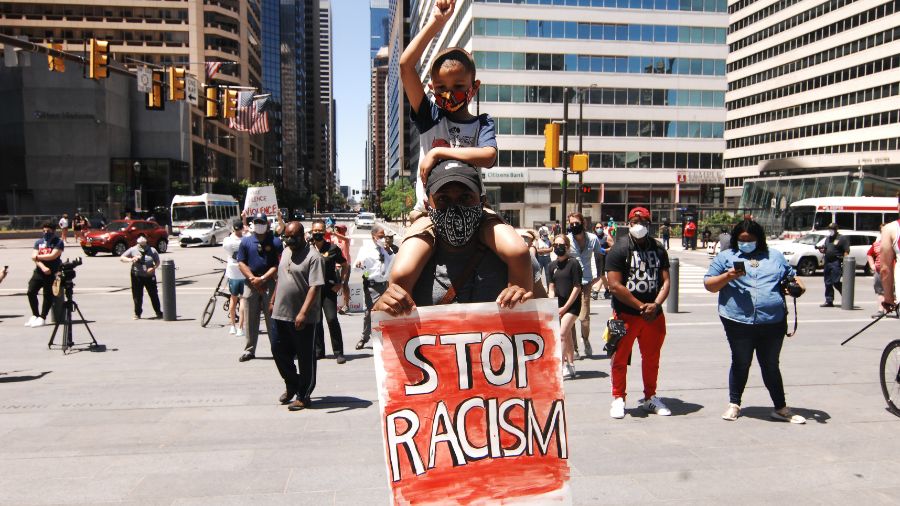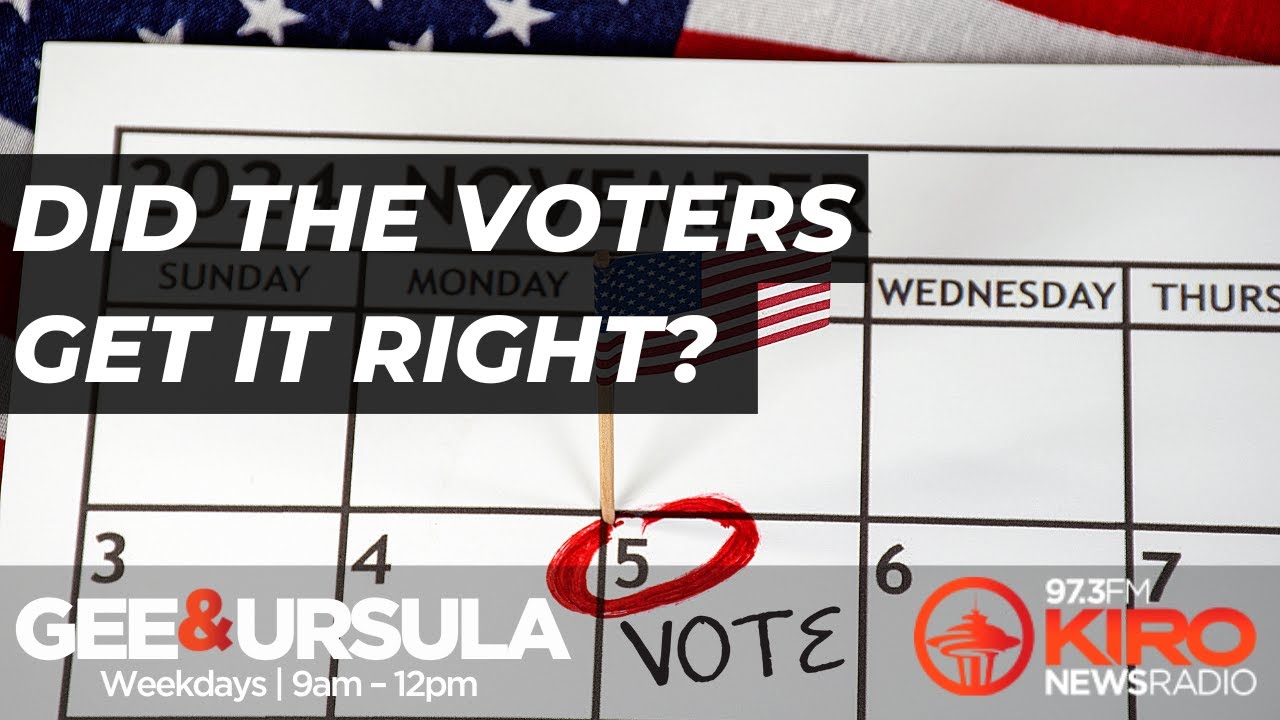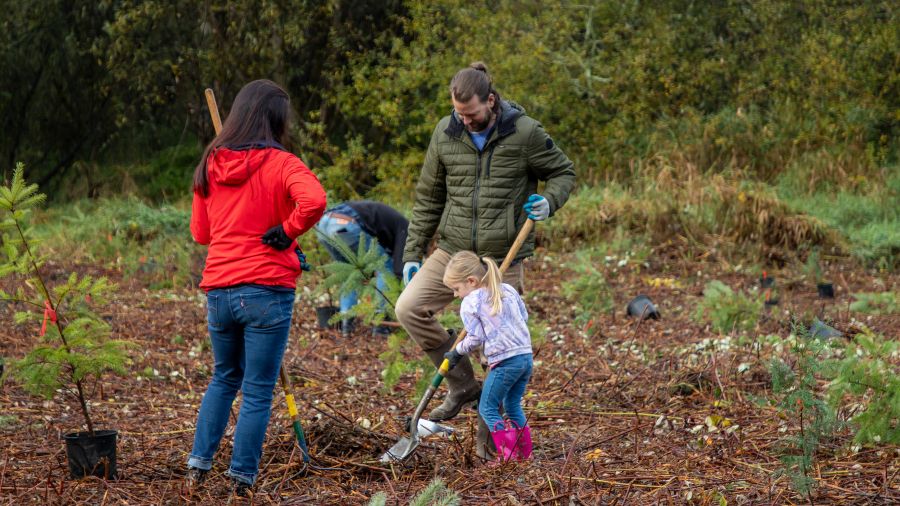Gee Scott: Racist texts show ‘large population’ feels African Americans should go back to picking cotton
Nov 8, 2024, 11:40 AM | Updated: 11:58 am

Hundreds of Philadelphians kneel in protest of system police violence and other forms of systemic racism in memory of George Floyd and other victims modern-day lynching at City Hall in Philadelphia, PA, on May 30, 2020. (Photo: Cory Clark/NurPhoto via Getty Images)
(Photo: Cory Clark/NurPhoto via Getty Images)
Just days after Donald Trump got elected president, Black and Hispanic Americans, including women and children as young as middle school, have received racist text messages.
“I got a text message around 8:21 p.m. saying that I’m being sent to a plantation for slavery, that they were going to search me up and down, pick me up in a brown van, and send me to the nearest plantation to pick cotton,” Ayla Raniere, a student at Central Washington University, told FOX 13. “It’s really saddening to see this happening to our community, especially right after elections.”
Background story: Disturbing racist text messages spread nationwide, including WA
Gee Scott, co-host of “The Gee and Ursula Show” on KIRO Newsradio believes the text messages are very telling.
“I believe that there’s a large population in this country that feels this way,” Gee said. “It’s not a secret. It’s not something that we haven’t heard. I told the story this week to our listeners. They know the racist things that I get on this text line.”
Gee also noted the impact of such messages on young people.
“Yesterday, we saw it all over social media,” he said. “Young kids were going to school, young girls were hearing and being told, ‘It’s your body, but my choice.’ It’s unfortunate. I used to say that the majority of America doesn’t feel that way. I’m not going to say what I want to say, but too many in America think that that’s okay.”
Reflecting on the situation, Angela Poe Russell, filling in for Ursula Reutin, raised several concerns.
“I think about who hacked the system, who had access to know who was who, and be able to send this,” she said. “I also think about when elected officials, and I won’t call them leaders, behave inappropriately, it gives other people permission to behave that way as well.”
MyNorthwest news: Bellingham High student attacked for being transgender
Angela shared a personal experience, noting a change in her life after 2016.
“The first time I was ever told to get out of a neighborhood was in 2016,” she said. “I’d never been told that in my life where I grew up. The example that’s been set makes other people feel like they can do the same with no repercussions.”
She shared that her children have had to face far more incidents of racism than she had to, and she is worried about the future.
Bill Kaczaraba is a content editor at MyNorthwest. You can read his stories here. Follow Bill on X, formerly known as Twitter, here and email him here.












